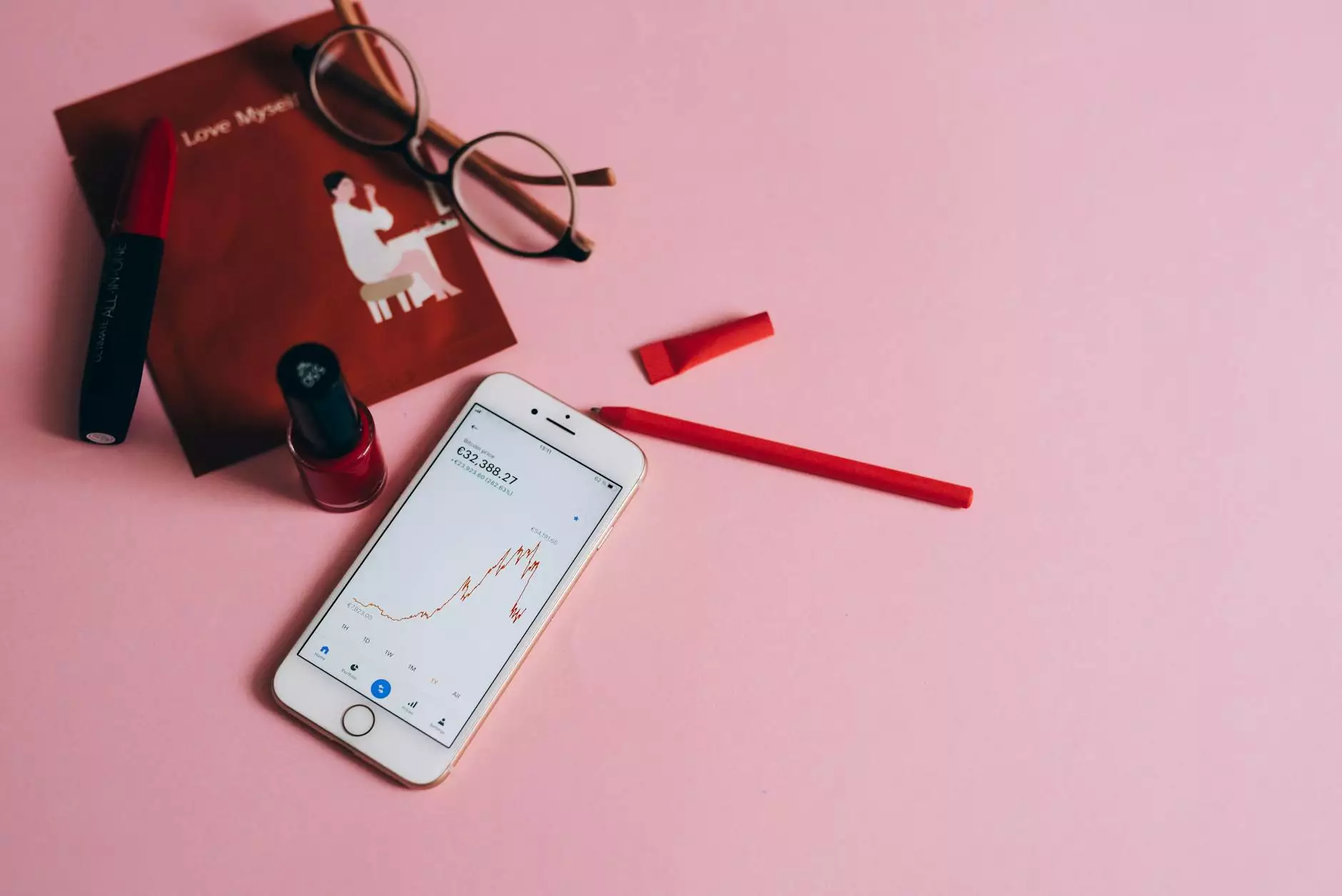Mastering Simulated Forex Trading for Financial Success

In the dynamic world of finance, simulated forex trading has emerged as an essential tool for both novice and experienced traders. This practice allows individuals to immerse themselves in the forex market without the risk of losing real money. As a trader, understanding the nuances of this simulation is key to developing your skills, testing strategies, and ultimately achieving success in the bustling trading environment.
What is Simulated Forex Trading?
Simulated forex trading, often referred to as paper trading or demo trading, involves trading forex pairs in a virtual environment. This means traders can engage in buying and selling currencies using virtual money, enabling them to experience real-market conditions without the financial consequences.
The Importance of Simulation in Trading
- Risk Management: Practicing with simulated trading allows traders to learn risk management strategies without actual financial exposure.
- Strategy Development: Traders can experiment with different trading strategies and refine their approaches.
- Market Understanding: Engaging in simulated trading helps users understand market behaviors and trends without the stress of real trades.
- Emotional Control: Learning to manage emotions like fear and greed is essential, and simulation helps to build discipline.
Benefits of Engaging in Simulated Forex Trading
Participating in simulated forex trading provides numerous advantages that contribute to a trader's overall skill set and confidence level.
1. Enhanced Learning Experience
The forex market is complex and constantly changing. By using a demo account, traders can learn essential trading lingo, understand technical and fundamental analysis, and familiarize themselves with trading platforms. The experience gained during this phase is invaluable.
2. Zero Financial Risk
One of the most appealing aspects of simulated forex trading is the complete absence of financial risk. This risk-free environment allows traders to make mistakes, learn from them, and hone their strategies without the fear of financial repercussions.
3. Testing Market Strategies and Tools
Traders can test various indicators, chart patterns, and trading tools to determine which work best for them. Whether it’s learning how to use stop-loss orders or analyzing price action, the ability to trial these tools is crucial.
4. Building Confidence
Confidence is critical in trading. Success in a simulated environment can bolster a trader’s self-esteem and decision-making ability, granting them the courage needed to tackle real market conditions when they’re ready to transition.
How to Get Started with Simulated Forex Trading
If you're eager to dive into the realm of simulated forex trading, follow these steps:
Step 1: Choose a Reliable Trading Platform
Select a trading platform that offers a simulated trading environment. Many renowned brokers provide demo accounts with a range of features similar to their live accounts. This includes charting tools, alert systems, and real-time market data.
Step 2: Create Your Demo Account
Once you've chosen your platform, create a demo account. This process usually requires basic information such as your name, email address, and sometimes a phone number. The platform will then provide you access to virtual funds, enabling you to start trading immediately.
Step 3: Immerse Yourself in Forex Basics
Before you start trading, familiarize yourself with fundamental concepts such as:
- Currencies: Understand how currency pairs work, including base and quote currencies.
- Leverage: Recognize how leverage works and the associated risks and benefits.
- Market Orders: Learn about market orders, limit orders, and stop-loss orders.
Step 4: Develop a Trading Plan
A well-thought-out trading plan is crucial. It should outline your trading goals, risk tolerance, and techniques you intend to use. Including entry and exit strategies will help maintain discipline during trading.
Step 5: Start Trading without Fear
Use your demo account to begin trading. Focus on implementing your trading plan, analyzing market movements, and adjusting your strategy as necessary. Remember, the goal is to gain experience and enhance your trading abilities.









